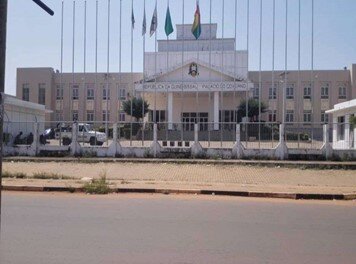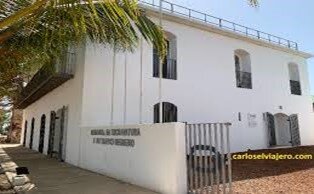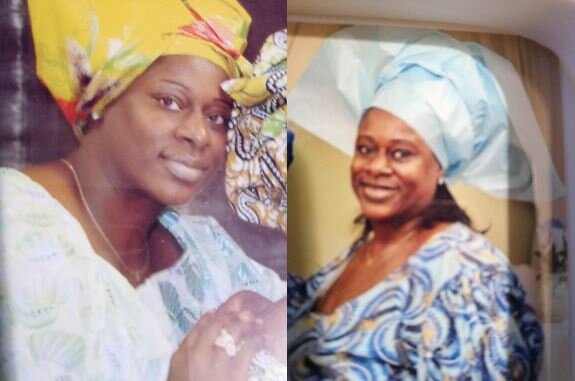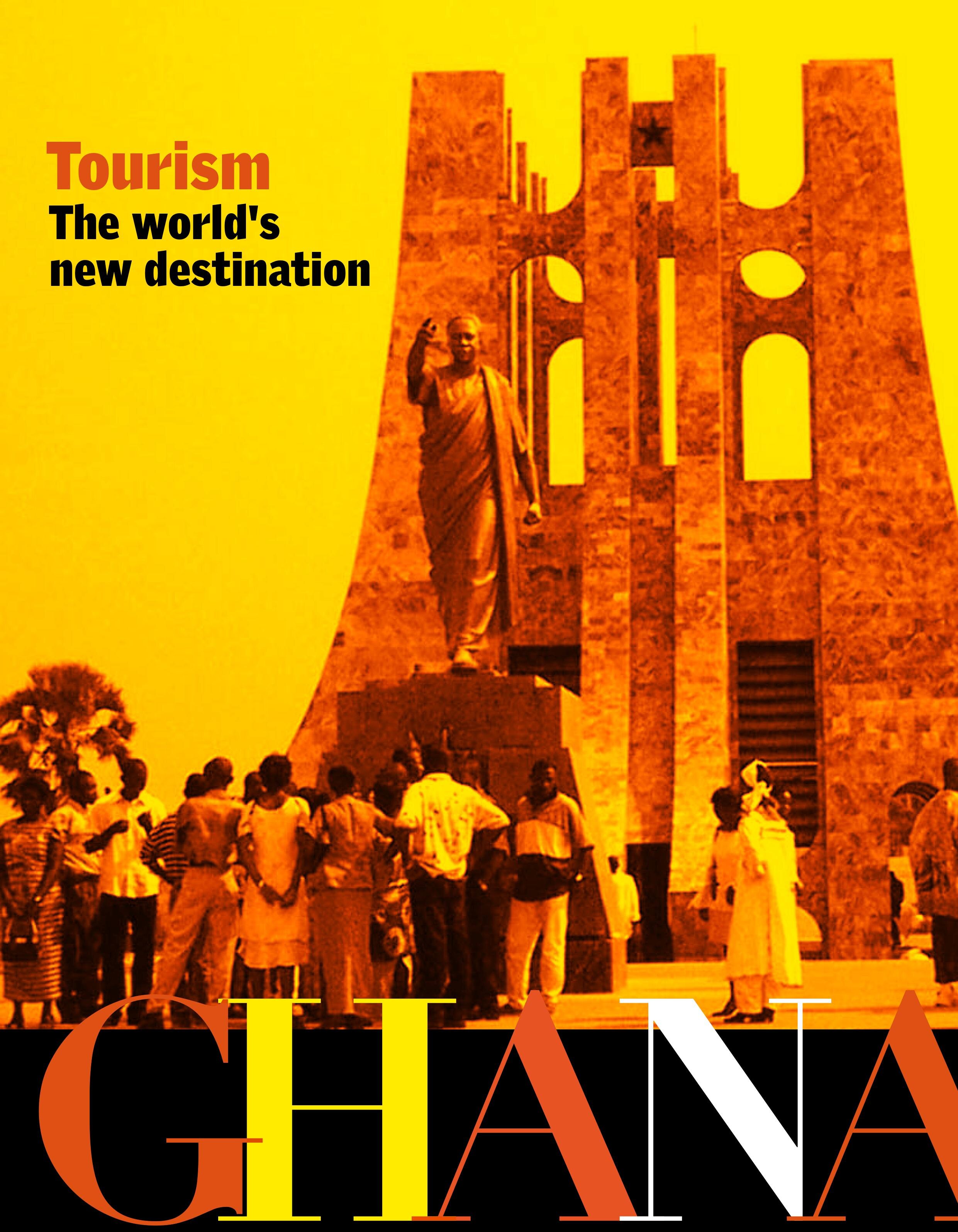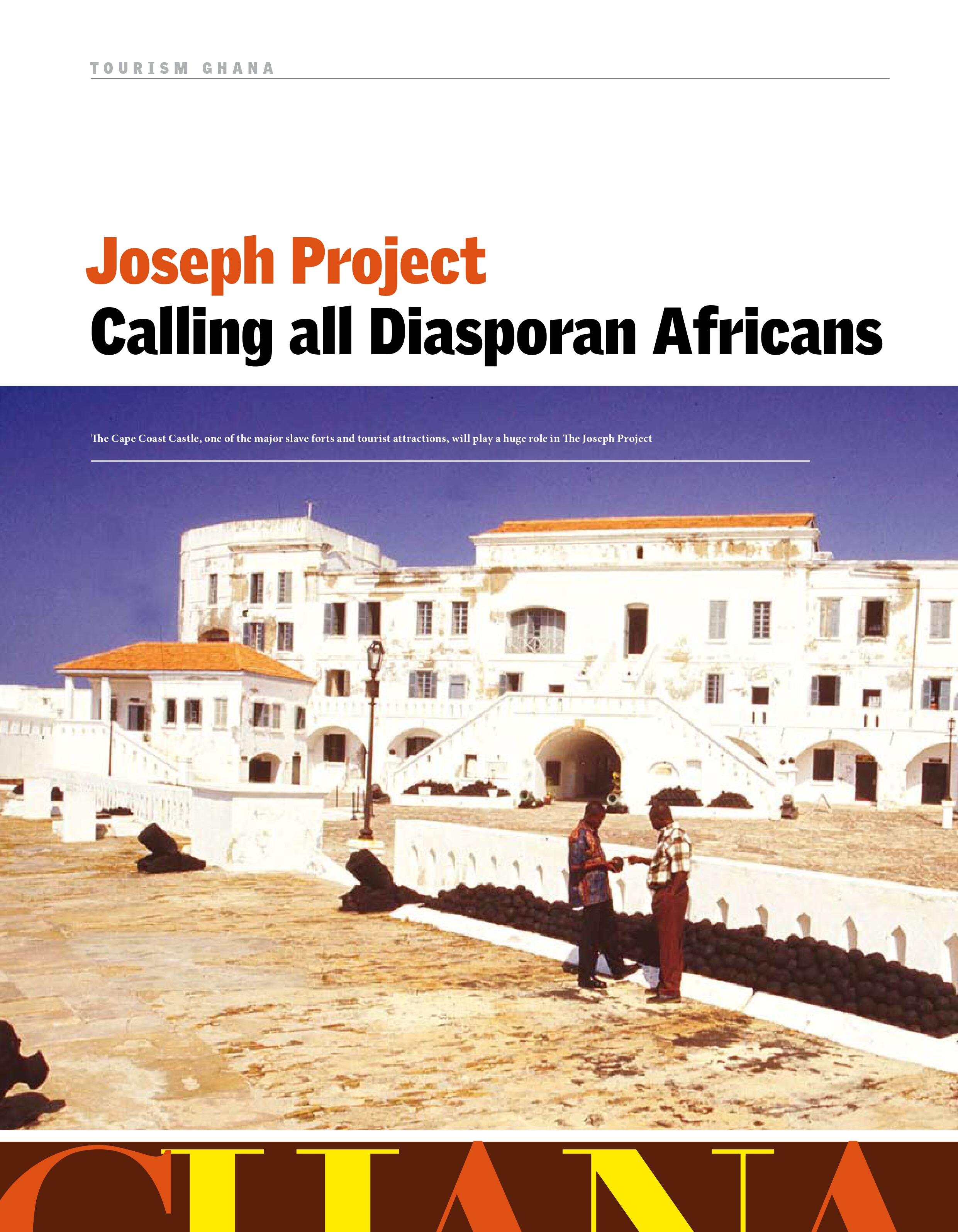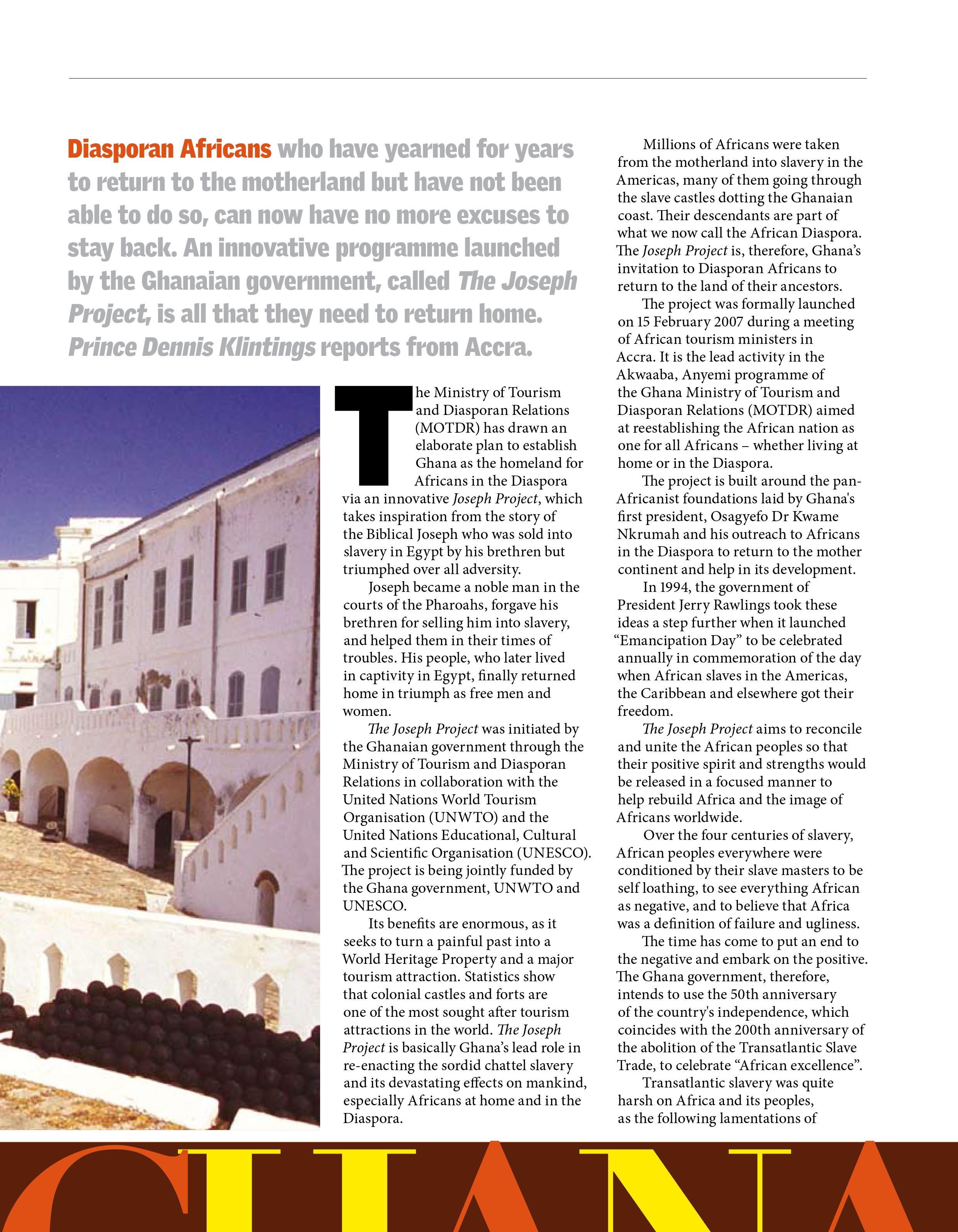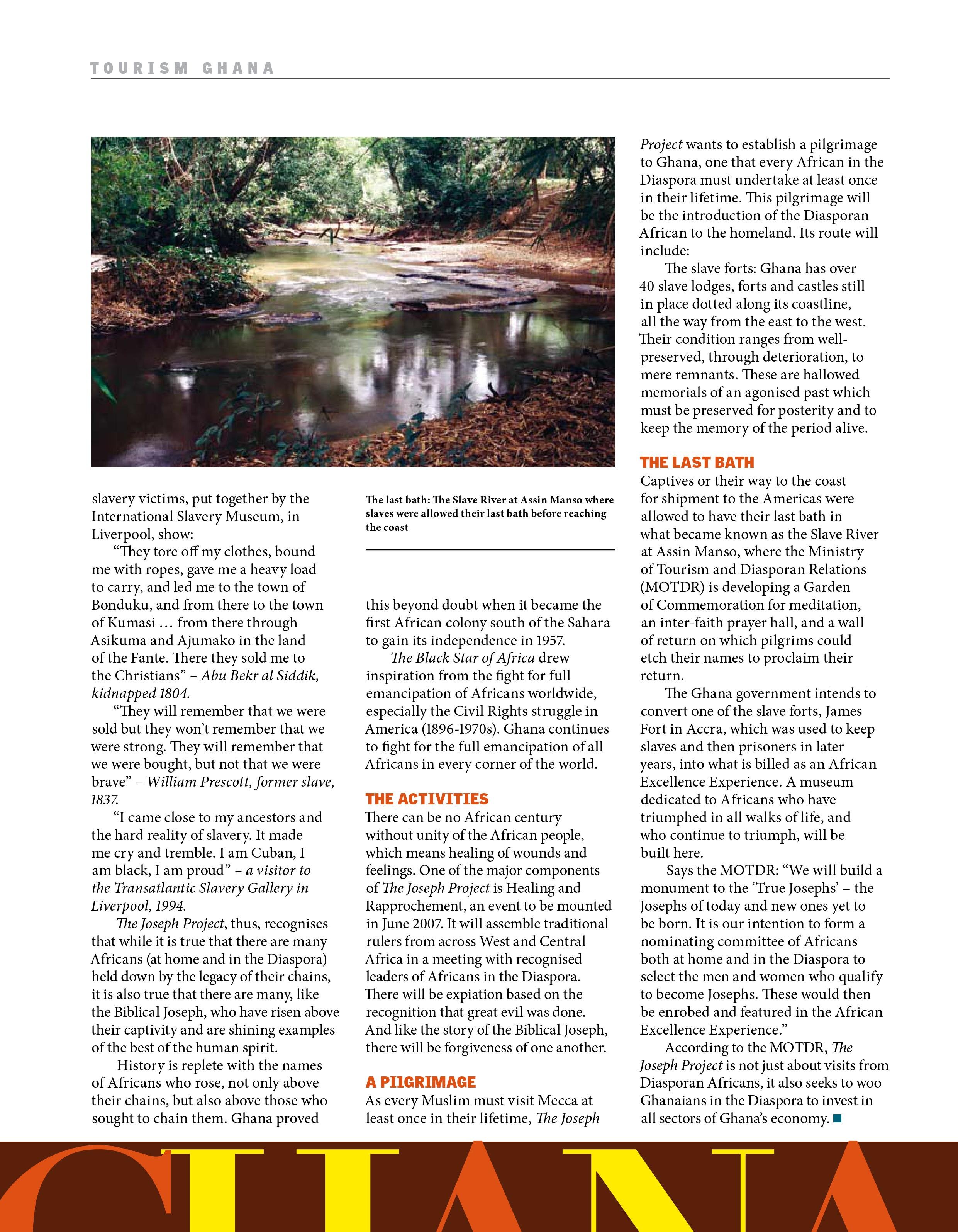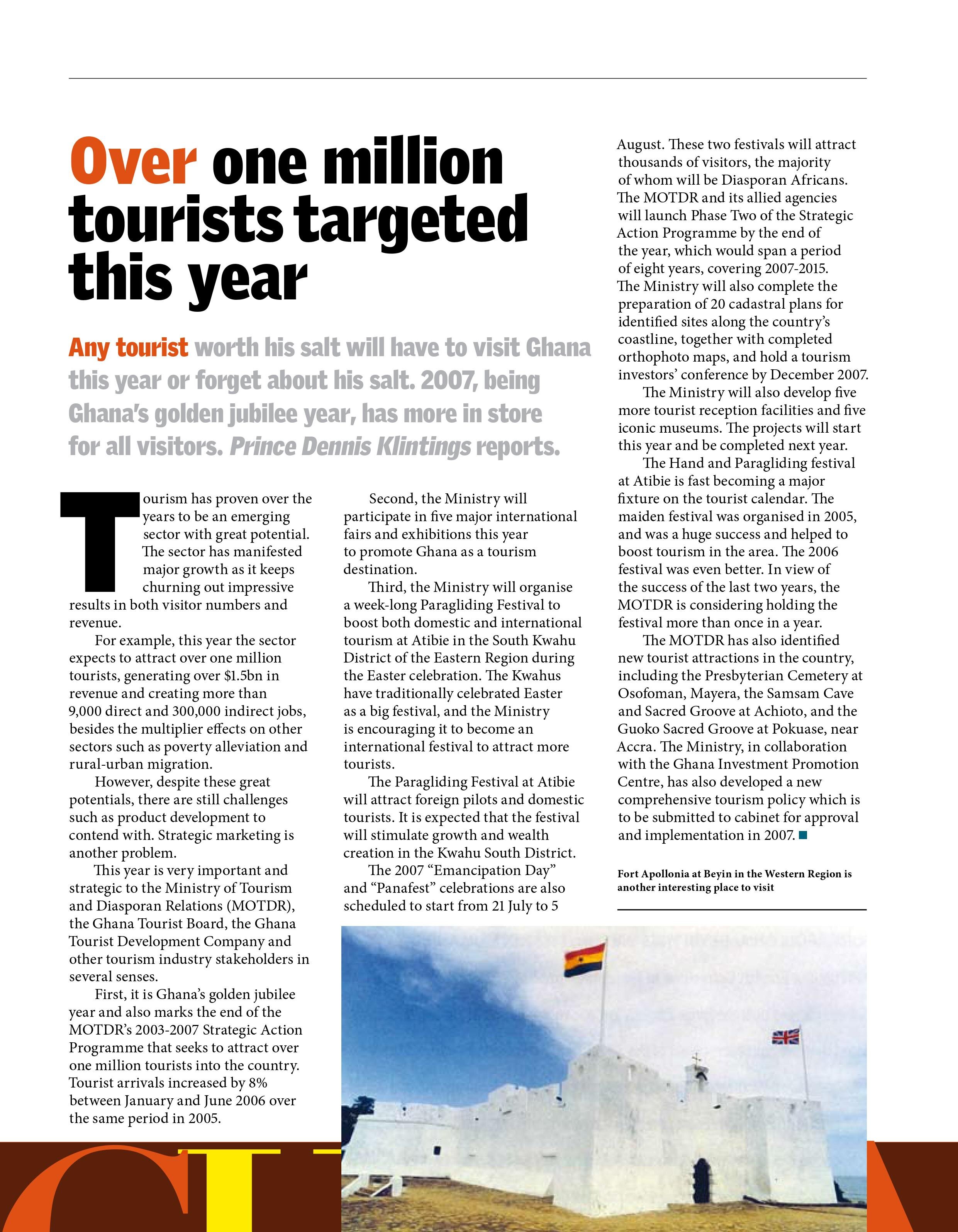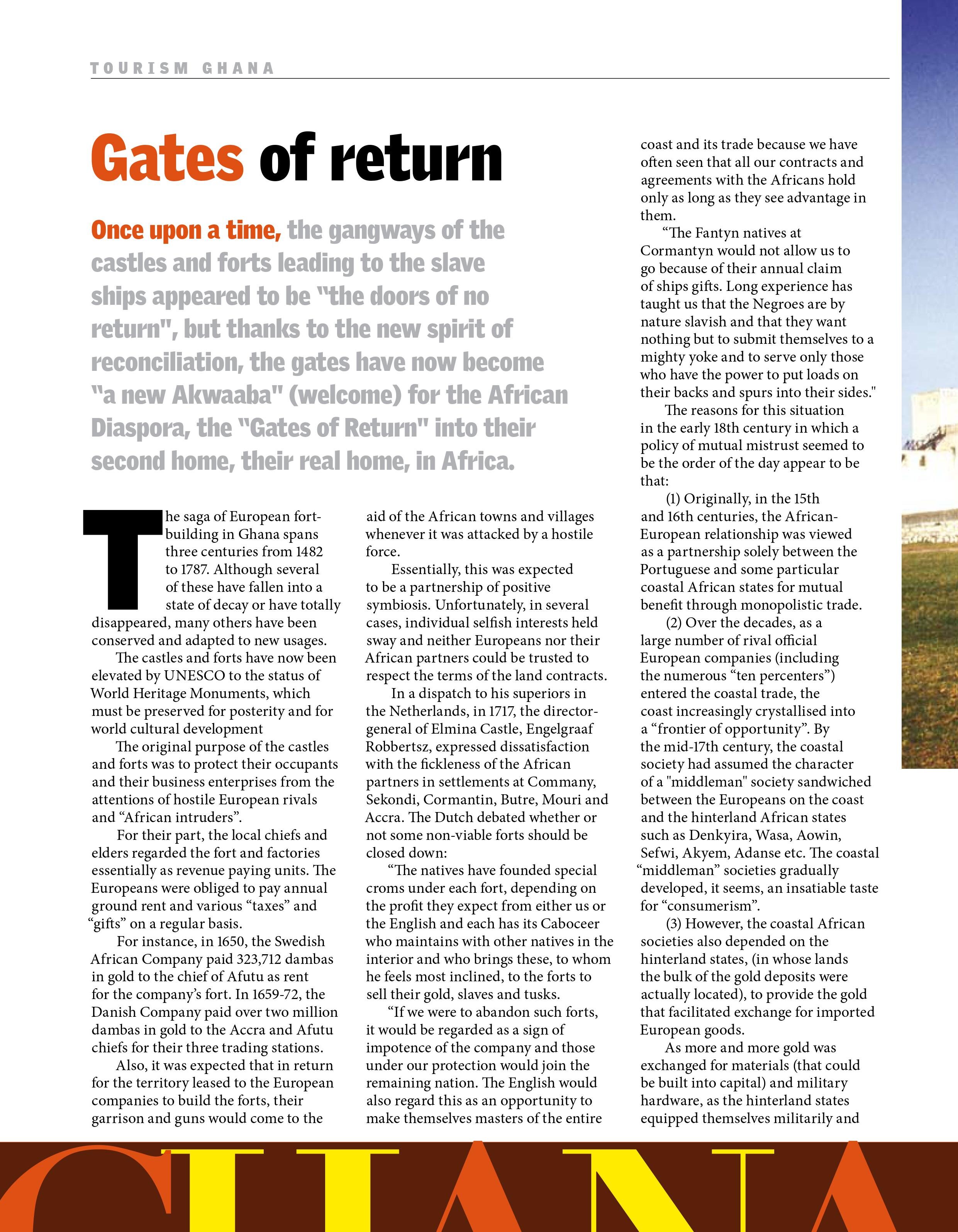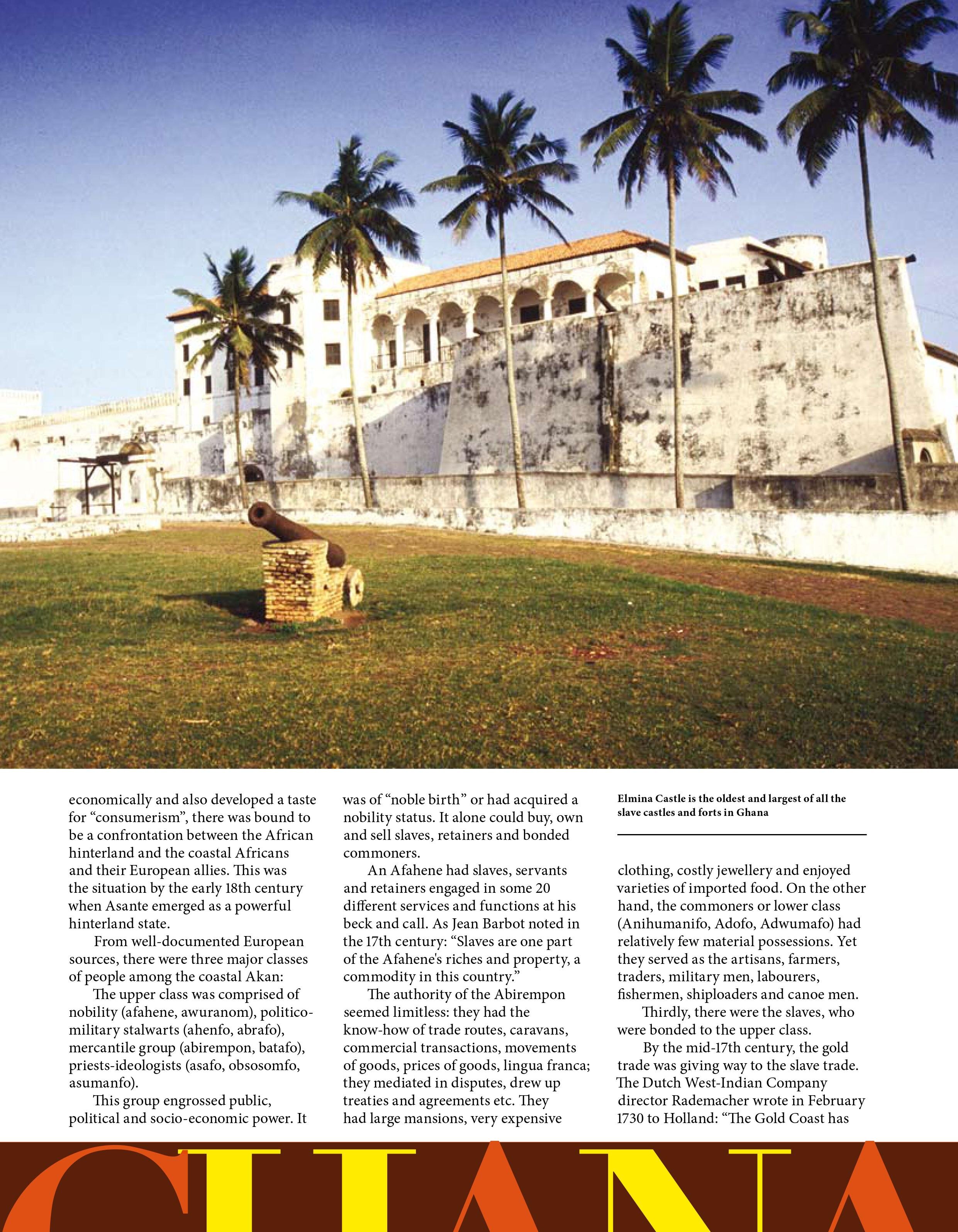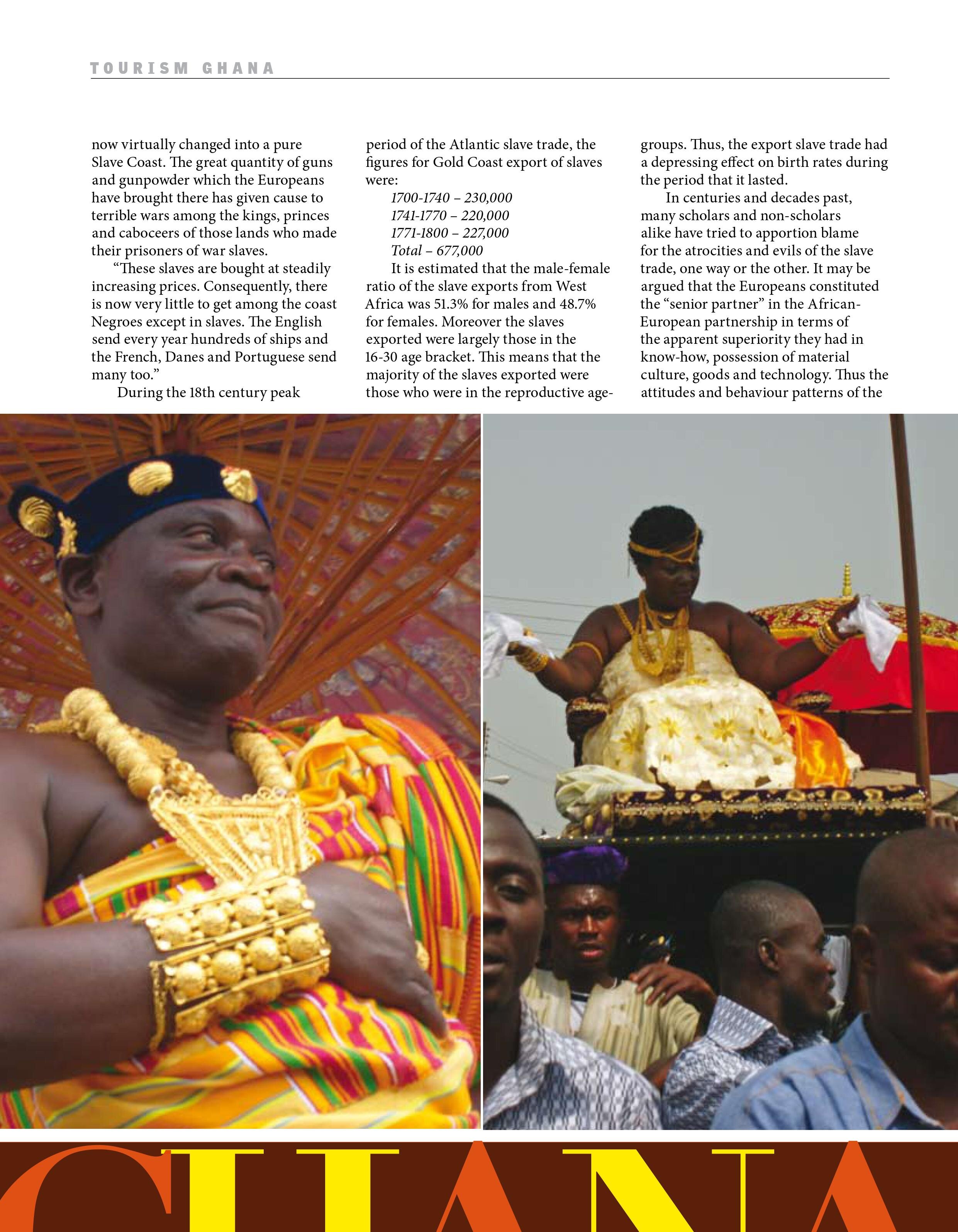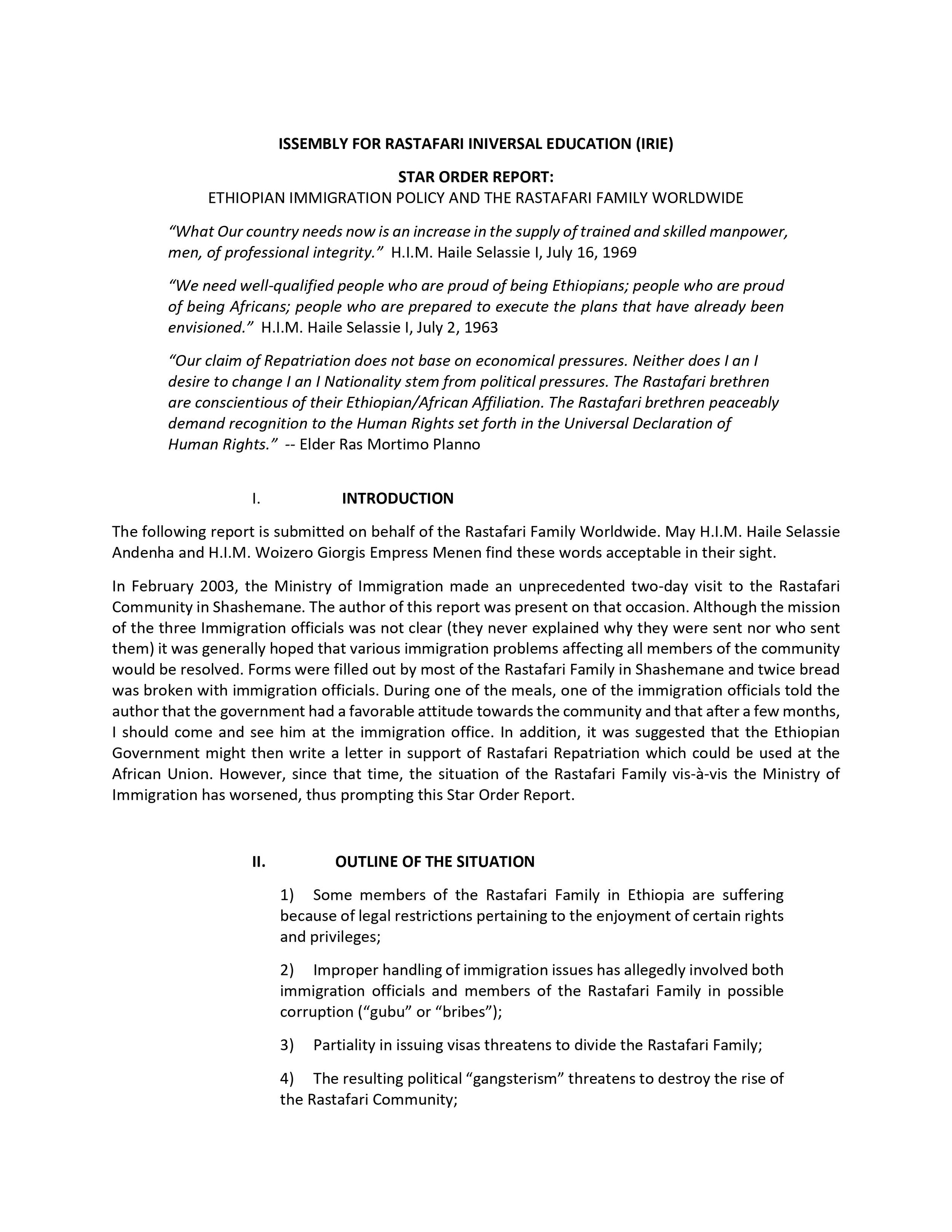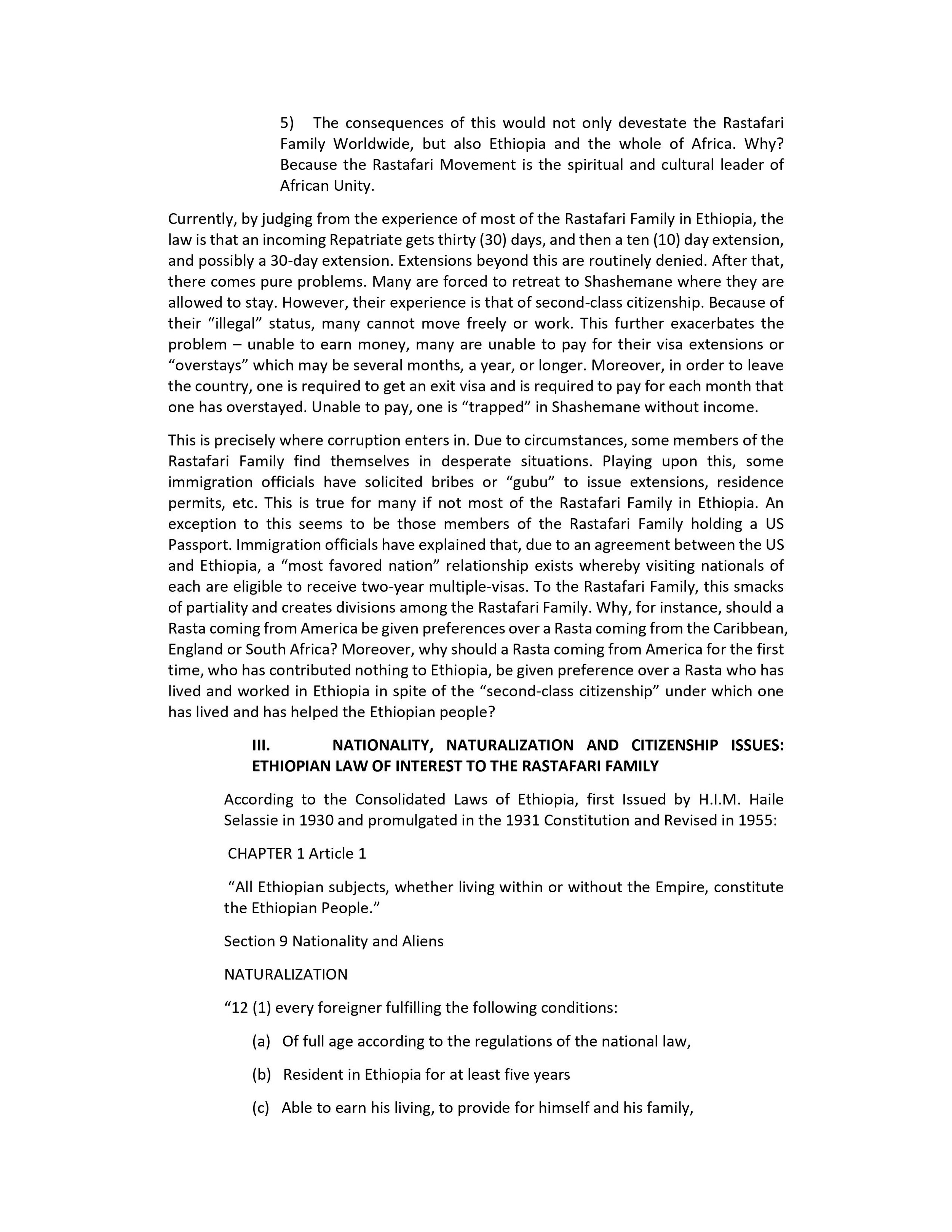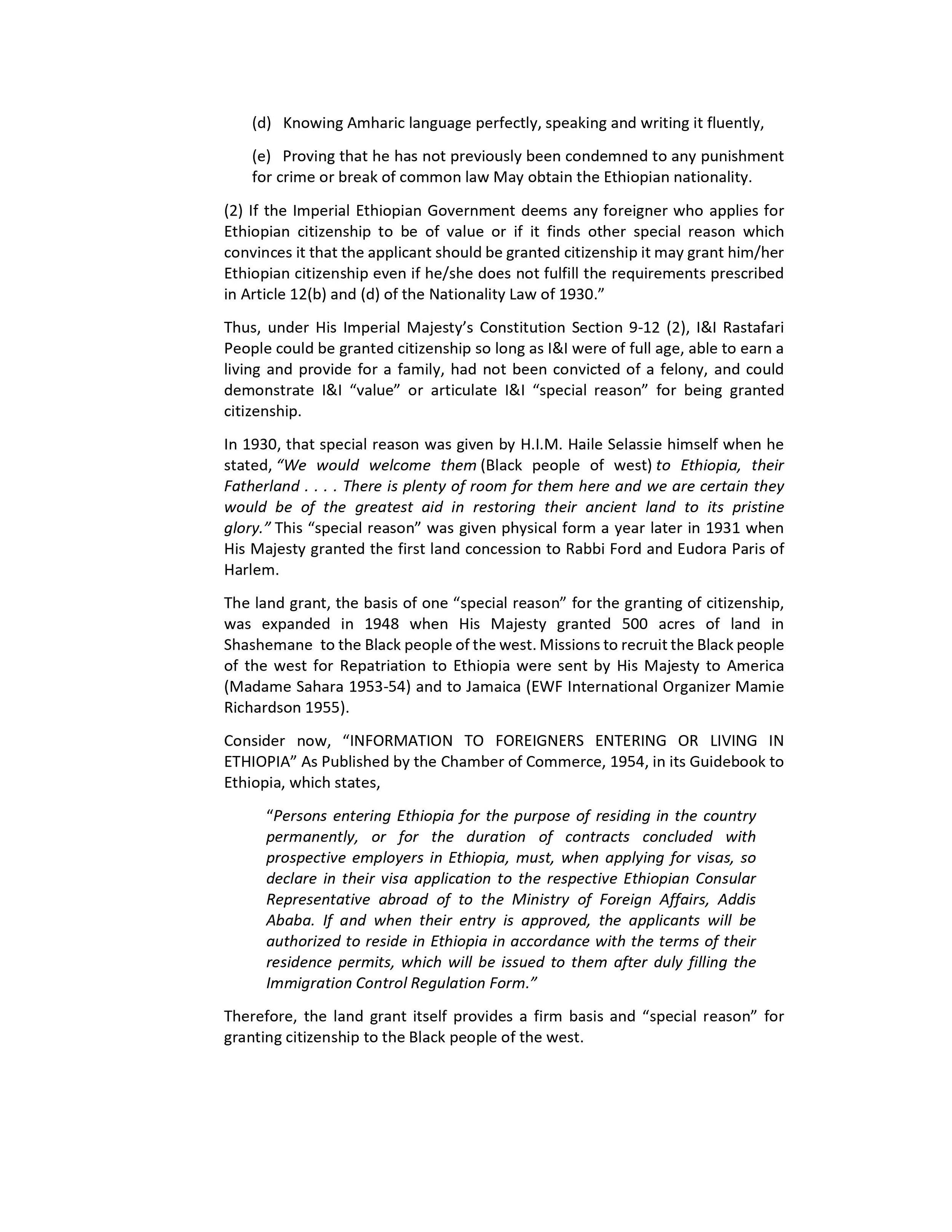‘All of you young people who have been given the enriching opportunity of an advanced education will in the future be called upon to shoulder in varying degrees the responsibility for leading and serving the nation.’
I am therefore preparing myself for such a task.”
This wasn’t the first time I had heard such a thing, that I, as a young, gifted and black boy, was destined to do great things. I had heard this from the time I was in elementary school. “You would make a great lawyer one day” I heard frequently. By the time I reached Yale and started studying their version of black history, I was introduced to W.E.B. Dubious who in his essay The Talented Tenth (published in 1903), wrote,
“The Negro race, like all races, is going to be saved by its exceptional men. The problem of education, then, among Negroes must first of all deal with the Talented Tenth; it is the problem of developing the Best of this race that they may guide the Mass away from the contamination and death of the Worst, in their own and other races. . . . And so we come to the present–a day of cowardice and vacillation, of strident wide-voiced wrong and faint hearted compromise; of double-faced dallying with Truth and Right. Who are to-day guiding the work of the Negro people? The “exceptions” of course. And yet so sure as this Talented Tenth is pointed out, the blind worshippers of the Average cry out in alarm: “These are exceptions, look here at death, disease and crime–these are the happy rule.” Of course they are the rule, because a silly nation made them the rule: Because for three long centuries this people lynched Negroes who dared to be brave, raped black women who dared to be virtuous, crushed dark-hued youth who dared to be ambitious, and encouraged and made to flourish servility and lewdness and apathy. But not even this was able to crush all manhood and chastity and aspiration from black folk. A saving remnant continually survives and persists, continually aspires, continually shows itself in thrift and ability and character. . . .Can the masses of the Negro people be in any possible way more quickly raised than by the effort and example of this aristocracy of talent and character? Was there ever a nation on God’s fair earth civilized from the bottom upward? Never; it is, ever was and ever will be from the top downward that culture filters. The Talented Tenth rises and pulls all that are worth the saving up to their vantage ground. This is the history of human progress; and the two historic mistakes which have hindered that progress were the thinking first that no more could ever rise save the few already risen; or second, that it would better the uprisen to pull the risen down. How then shall the leaders of a struggling people be trained and the hands of the risen few strengthened? There can be but one answer: The best and most capable of their youth must be schooled in the colleges and universities of the land. . . . All men cannot go to college but some men must; every isolated group or nation must have its yeast, must have for the talented few centers of training where men are not so mystified and befuddled by the hard and necessary toil of earning a living, as to have no aims higher than their bellies, and no God greater than Gold. This is true training, and thus in the beginning were the favored sons of the freedmen trained.”
How could I not fail to to think that Dubious was talking about me? After all, here I was at YALE University, which, in 1989, U.S. News and World Report Ranked as the #1 university in the United States. It’s alums were serving as the President (George Bush), Secretary of Defense (Les Aspin), Supreme Court Justice (Byron White), Central Intelligence Agency officials, Ambassadors, and a host of Governors, Senators, Mayors, etc. Mind you, I was a state swimming champion at the age of ten and an Olympic hopeful by the age of 14. At Yale, I was the first African American on the All-Ivy League Swim Team. I had never been arrested (at that point). Had I not shown that not only was I among the best of my race, but among the best of all people?
My father, who graduated from Fisk University with a degree in mathematics, once told me when I was ten years old after I had a disappointing race, “never give them an opportunity to say something bad about you. Don’t give them any ammunition to use against you. You must always show good sportsmanship. Wish everyone ‘good luck’ and shake every hand after the race. If you need to have a temper tantrum or meltdown, wait until you get into the locker room where no one can see.” My father was already preparing me to be an ambassador of the sport and to understand my responsibility as one of the Talented Tenth. The responsibility for representing and saving my people was planted and nurtured within me.
But by the end of my days at Yale, I was reading Malcolm X, Frantz Fanon and Marcus Garvey, the latter who said,
“EDUCATION is the medium by which a people are prepared for the creation of their own particular civilization, and the advancement and glory of their own race. . . . Every student of Political Science, every student of Economics knows, that the race can only be saved through a solid industrial foundation. That the race can only be saved through political independence. Take away industry from a race; take away political freedom from a race, and you have a group of slaves. . . . For over three hundred years the white man has been our oppressor, and he naturally is not going to liberate us to the higher freedom the truer liberty the truer Democracy. We have to liberate ourselves. . . . Let us prepare TODAY. For the TOMORROWS in the lives of the nations will be so eventful that Negroes everywhere will be called upon to play their part in the survival of the fittest human group.
The evolutionary scale that weights nations and races, balances alike for peoples; hence we feel sure that some day the balance will register a change for the Negro.
The world ought to know that it could not keep 400,000,000 Negroes down forever. There is always a turning point in the destiny of every race, every nation, of all peoples, and we have come now to the turning point of Negro, where we have changed from the old cringing weakling, and transformed into full-grown men, demanding our portion as MEN. . . . A race without authority and power, is a race without respect. The only protection against INJUSTICE in man is POWER; Physical, financial and scientific. . . . Men who are in earnest are not afraid of consequences. . . . Any sane man, race or nation that desires freedom must first of all think in terms of blood. Why even the Heavenly Father tells us that “without the shedding of blood there can be no remission of sins.” Then how in the name of God, with history before us, do we expect to redeem Africa without preparing ourselves, some of us to die. . . . LEADERSHIP means everything PAIN, BLOOD, DEATH. Let Africa be our guiding Star, OUR STAR OF DESTINY.”
Like Garvey, I asked, "Where (in America) is the black man’s Government? Where is his King and his kingdom? Where is his President, his country, and his ambassador, his army, his navy, his men of big affairs? I could not find them, and then I declared, ‘I will help to make them.’" Garvey shifted my thinking and gave my “talented tenth” sense of responsibility a clear, African-centered focus. No longer was my destiny as a member of the talented tenth to merely set an example for both white and black America of what black people could achieve in America. Now I had the responsibility of liberating black people from America and redeeming the whole race of African people. I’m not kidding - I internalized this and actually felt it is was my responsibility. To do this, I had to overcome any fear of death. Garvey also said that those of Dubious’ “Talented Tenth” who had been educated by their colonial masters required a “racial re-education” if they were ever going to be of any use to the race. Amilcar Cabral said the same thing in his speech on “National Liberation and Culture” delivered at Syracuse University, february 20, 1970:
“In the thorough analysis of social structure which every liberation movement must be able to make, by virtue of the imperatives of struggle, the cultural characteristics of each social category have a place of prime importance. For, while culture has a mass character, it is not uniform, it is not evenly developed in all sectors of society. The attitude of each social category towards the struggle is dictated by its economic condition interests, but is also profoundly influenced by its culture. We may even admit that the differences in cultural levels explain the differing behaviour towards the liberation movement of individuals within the same socio-economic category. It is at this point that culture reaches its full significance for each individual: understanding and integration in his environment, identification with the fundamental problemss and aspirations of society, acceptance of the possibility of change in the direction of progress. In the specific conditions of our country - and we should say of Africa - the horizontal and vertical distribution levels of culture is somewhat complex. In fact, from the villages to the towns, from one ethnic group to another, from the peasant to the artisan or to the more or less assimilated indigenous intellectual, from one social class to another, and even, as we have said, from individual to individual within the same social category, there are significant variations in the quantitative and qualitative level of culture. It is a question of prime importance for the liberation movement to take these facts into consideration. . . . It is true that the multiplicity of social and ethnic categories somewhat complicates the determining of the role of culture in the liberation movement. But it is vital not to lose sight of the decisive significance of the class character of culture in development of the liberation struggle, even in the case when a category is or appears to be still embryonic. The experience of colonial domination shows that, in an attempt to perpetuate exploitation, the colonizer not only creates a whole system of repression of the cultural life of the colonized people, but also provokes and develops the cultural alienation of a part of the population, either by supposed assimilation of indigenous persons, or by the creation of a social gulf between the aboriginal elites and the mass of the people. As a result of this process of division or of deepening the divisions within the society, it follows that a considerable part of the population notably the urban or peasant 'petty bourgesoisie' assimilates the colonizer's mentality, and regards itself as culturally superior to the people to which it belongs and whose cultural values it ignores or despises. This situation, characteristic of the manority of colonized intellectuals, is crystallized to the extent that the social privileges of the assimilated or alienated group are increased with direct implications for the behavior towards the liberation movement by individuals in this group. A spiritual reconversion - of mentalities - is thus seen to be vital for their true integration in the liberation movement. Such reconversion - re-Africanization in our case - may take place before the struggle, but is completed only during the course of the struggle, through daily contact with the mass of the people and the communion of sacrifices which the struggle demands. We must, however, take into consideration the fact that, faced with the prospect of political independence, the ambition and opportunism from which the liberation movement generally suffers may draw into the struggle individuals who have not been reconverted. The latter, on the basis of their level of education, their scientific or technical knowledge, and without losing any of their class cultural prejudices, may attain the highest positions in the liberation movement. On the cultural as well as the political level vigilance is therefore vital. For in the specific and highly complex circumstances of the process of the phenomenon of the liberation movements, all that glitters is not necessarily gold: political leaders - even the most famous - my be culturally alienated.”
I took this seriously to the point that I turned my back on Yale, a “good career path” and all the comforts and protections of mainstream society to go and get my “racial re-education” among the mass of my black people and to be found worthy. Ironically, Garvey - an opponent of the emerging Rastafari movement - led me to the Rastafari culture which taught me,
“Haile Selassie I the First, Conquering Man Lion of Judah came TO ORDER THE PEOPLE. The confused mentality that was fostered by Slavery had burned out and the mind had to be set on a course of HIGH ORDER . . . . When one looks at the first inspiration that came to I&I from His Majesty, it was an INSPIRATION through the establishment of IVINE ORDER. It was not an inspiration to create a mere RELIGIOUS MOVEMENT. Neither was it an inspiration to create a mere social movement nor a political movement. The vision was to create an IVINE ORDER OF LIVITY that encompassed ALL aspects of life. . . . Without a Pan-African vision that has as its goal the establishment of Black Nationhood with a restored concept of BLACK ROYALTY AND DIVINITY, the root of the problems that now face Black civilization cannot be rooted out. THE TRUTH MUST BE FACED THAT THE PROBLEMS ARE NOT ONLY ECONOMIC, POLITICAL AND CULTURAL, but they are also SPIRITUAL in the sense of having been subjected to unnaturalness for so long that naturalness becomes an unwelcome stranger. TRAPPED, domesticated and tethered for centuries to the stake of unnaturalness the caged and domesticated creature is apt to lose its spiritual equilibrium and forget what is clean from what is unclean, what is right from what is wrong, and what is high from what is low. This is the condition of the ‘ex-slaves’ in this time, sorely in need of something more than a political movement, something that involves the reshaping of character in the similitude of ROYALTY. . . . If one were to put into one sentence THE MAIN GUIDELINE OF THE NYAHBINGHI ORDER upon which the whole of RASTAFARI IS FOUNDED, it is Resurrection of THE BLACK IDEAL FOR THE PURPOSE OF ACHIEVING BLACK LIBERATION. . .
Ras Jahaziel, delivered the following Words Of Inspiration To The House Of Iyabinghi, July 26, 2000
" . . . . the Ancients always made mention of THE THEOCRATIC GOVERNMENT OF HIS MAJESTY. It is not an invisible entity in the sky, it is a living ORDER OF RIGHTEOUSNESS manifesting itself at a particular point in time when a whole Nation reaches a stage of MATURITY where it is ready to submit to IVINE ORDER. This readiness is demonstrated by their manifestation of the INDWELLING AND ARISEN PRESENCE OF HAILE I SELASSIE I THE FIRST. From out of such a MATURITY OF CONSCIOUSNESS there are appointed Administrators who conduct the business of building THE CITY OF HABITATION and implementing ON EARTH the vision of HAILE I SELASSIE I THE FIRST. The fulfillment of such a vision represents the coming of age of a people who ARE READY TO ORDER THEMSELVES ALONG IVINE PRINCIPLES AND WILLING TO ABANDON NARROW SELF INTEREST AND MY-OWN-WAY-NESS FOR THE SAKE OF CREATING AN EDIFICE OF POWER THAT IS IN ACCORDANCE WITH IVINE WILL. The government therefore is not just a small group of people but A WHOLE CONGREGATION manifesting its will through APPOINTEES. To such appointees is to be delegated the authority to act as ambassadors"
It was the Rastafari community that told me to study the words of Ethiopian Emperor HIM Haile Selassie I, the Father of the modern African Liberation struggle.
In 1935, the Italians invaded Ethiopia. In 1941, Emperor Haile Selassie defeated the Italians, defending the last independent empire in Africa and preserving Ethiopian freedom. Emperor Haile Selassie’s victory over the Italians inspired African people everywhere to fight for their liberation. Meanwhile, since three out of four educated Ethiopians were killed in the war, Emperor Haile Selassie I began rebuilding his government. As a young, devout Rastafari brethren, I believed that the Emperor’s titles, King of Kings, Lord of Lords, Conquering Lion of the Tribe of Judah indicated that Haile Selassie was the designated Christ that the Bible prophesied to return.. So to me, the words of Haile Selassie were the words of God himself. And this is what HIM Haile Selassie I said regarding my work and responsibility:
“Our concern is with the many and not the few.” H.I.M. Haile Selassie I, November 3, 1966
“The ownership of a plot of land must be brought within the capacity of everyone who so desires.” H.I.M. Haile Selassie I, November 3, 1966
“It is Our task and responsibility, as it is of Our Government, to transform these objectives into coherent, acceptable and realistic legislative and financial programmes and to see to their accomplishment. If this is done, the duty owed to the Ethiopian nation and people will be discharged. To succeed will require the single-minded, tenacious, and unselfish dedication of each one of us.” H.I.M. Haile Selassie I, November 3, 1966.
“In this noble task each one of Our people, men and women, young and old, rich and poor, able and disabled, has a role to play and We are sure Our Empire will march ahead towards prosperity and progress through united efforts of all Our citizens.” H.I.M Haile Selassie I, July 7, 1964
“Even assuming, however, that the will and the desire exist, there remains the immensely difficult and complex task of organizing the nation’s energies and resources and directing them in a well-conceived and fully integrated fashion to the achieving of carefully studied and clearly defined ends.” H.I.M. Haile Selassie I, November 4, 1967
“In Ethiopia, increased emphasis is currently being given to the concept and function of planning.” H.I.M. Haile Selassie I, November 4, 1967
“Planning ensures a simultaneous accomplishment of developmental projects with a view to achieving accelerated progress, thus avoiding wastage of financial resources, labour and time.” H.I.M. Haile Selassie I, March 23, 1966.
“As has already been manifested by your endeavours the people themselves must come to realize their own difficulties in the development of their community and try to solve them by collective participation following an order of priority and taking their potentiality into account.” H.I.M. Haile Selassie I, January 12, 1963
“When people express their felt needs, these have to be formulated into plans.” H.I.M. Haile Selassie I, July 7, 1964
“ . . . Any plan which does not have the proper personnel to execute it will remain a mere plan on paper.” H.I.M. Haile Selassie I, July 2, 1963
“We prepare development plans for our country with the understanding that our people will take an active and substantial part in carrying out the plans to successful conclusions.” H.I.M. Haile Selassie I, January 1, 1967
“Every Ethiopian has a social obligation to contribute as much as possible in financial, material or physical aid for road construction and other projects which add to the progress of the country.” H.I.M. Haile Selassie I, January 1, 1967
“Self help thus is the quintessence of community development programmes. It is, therefore, essential that initiative and desire for improvement should emanate from the people and not be superimposed from outside. It is of course the primary task of community development workers to motivate and stimulate the people to cross barriers of apathy and helplessness.” H.I.M. Haile Selassie, July 7, 1964
“The key to the attainment of any goal lies in one’s ability to learn to direct one’s objectives towards clearly defined ends and to pursue them in an orderly, rational and co-ordinated fashion. The means which modern economic philosophy have devised for the attainment of such goals is the preparation of long-term projects and plans and their execution to the extent possible.” H.I.M Haile Selassie I, November 3, 1968
“Our utmost interest now is focused upon economic development. It is quite necessary for those of you who have studied economics to be masters of your art in using both in private life as well as in the service of the government which you are serving.” H.I.M. Haile Selassie I, December 20, 1963
“Let us not, however, be misled. The preparation of an economic plan is only half the task, and perhaps not even that. The real test comes in the implementation, and here even the best of plans can be subverted and destroyed. Once an overall economic plan is adopted, the nation’s budget must be tailored to the implementation of the plan. Individual development projects must be fitted into the priorities established in the plan. Haphazard and ill-coordinated economic activity must be avoided at all costs. Investment must be controlled and directed as the plan dictates. And, most important, all of this must be accomplished in a coordinated and efficient fashion. The responsibility of the plan does not rest upon any single ministry or department; it is a collective responsibility, shared by all development ministries concerned with economic and social development, indeed by all departments and officials.” H.I.M Haile Selassie I, November 4, 1967.
“If Our aims and objectives are to be realized, each one of us must labour and assume his share of responsibility for the progress and prosperity of the nation. If We do so, We are satisfied that acceptable results will follow.” H.I.M. Haile Selassie I, March 23, 1966
“This is the new attitude which must be encouraged: the communal as opposed to the individual approach, the spirit of working together that all may benefit.” H.I.M Haile Selassie I, November 4, 1967
“What Our country needs now is an increase in the supply of trained and skilled manpower, men, of professional integrity.” H.I.M. Haile Selassie I, July 16, 1969
“We need well-qualified people who are proud of being Ethiopians; people who are proud of being Africans; people who are prepared to execute the plans that have already been envisioned.” H.I.M. Haile Selassie I, July 2, 1963
“How noble and great a deed is the act of sacrificing one’s wealth, land and money, to one’s needy community instead of for selfish purposes!” H.I.M. Haile Selassie I, January 12, 1963
“Man desires many things, but it is the individual’s duty and responsibility to desire the proper things. Anyone who makes the wrong choices will be a burden, not only to himself but to future generations.” H.I.M. Haile Selassie I, July 2, 1963
“A qualified man with vision, unmoved by daily selfish interests, will be led to the right decisions by his conscience.” H.I.M. Haile Selassie I, July 2, 1963
“No elaboration is required to show that to dwell on idle thoughts and vain debate amounts to wasting one’s own precious time, as well as that of others, for it retards Ethiopia’s progress. The struggle to increase life expectancy and to eradicate disease and poverty, two of the main obstacles to progress and development, call for diligent, conscientious effort from the educated. What we expect of such persons is a serious sense of duty. Problems of need, rather than being used as topics of idle talk must create an impetus, a new driving force, towards progress.” H.I.M. Haile Selassie I, July 4, 1972
“But the man, whatever his task, who has spent his time in idleness, whose hand has been turned to little of profit or value during his waking hours, has earned only the scorn and disdain of his fellowmen whom he has thus cheated.” H.I.M. Haile Selassie I, November 17, 1965
“To place all responsibility upon the shoulders of one individual while all others sit idly by and seek only to criticize and find fault is, in our era, to act contrary to the movement for the progress and advancement of the country.” H.I.M. Haile Selassie I, March 23, 1966.
“One who does not contribute to his community and the coming generation remains to be a burden to his society and an object of ridicule to outside observers.” H.I.M. Haile Selassie I, January 12, 1963
“A hungry person cannot be appeased by merely being told about his hunger, similarly, what Ethiopia needs is not a person who can talk about her problems but someone who is determined to serve her with enthusiasm, re-inspired by her long and glorious history and spurred by the present gap. This can best be manifested not in words but in deeds. Your conviction to help the country must be demonstrated in your determination to work. To do that, you must, instead of working for personal ends, toil for the community and common results.” H.I.M. Haile Selassie I, July 6, 1970
“Laziness is the sole breeder of sin, poverty and discontent.” H.I.M. Haile Selassie I, June 12, 1963
“Simply watching other people’s achievements is a characteristic of the lazy man.” H.I.M. Haile Selassie I, July 2, 1963.
“The man who sets his goals too low and who accepts too little as enough, squanders the talents and abilities with which Almighty God and nature have endowed him.” H.I.M. Haile Selassie I, November 22, 1963
“If we ponder deeply on our situation today, We shall find that we lack for little. The resources are available; the nation’s youth are gaining knowledge and acquiring experience; it is only necessary that We resolve to work with determination and diligence.” H.I.M. Haile Selassie I, March 23, 1966
“Work and wealth are at your disposal.” H.I.M. Haile Selassie I, January 12, 1963
“. . . . All that We require is co-operation, mutual assistance and the profound consciousness that We are fulfilling Ourselves in the discharge of Our planned and assigned responsibilities.” H.I.M. Haile Selassie I, March 23, 1966
“We remind you, therefore that you utilize all your thoughts and knowledge to the ultimate objective of moral satisfaction and the pride of your countrymen, regardless of your personal interest. Your job takes care of you and there will not be any need to concern yourselves with your personal affairs.” H.I.M. Haile Selassie I, January 23, 1963.
“Each one of you must not only be prepared for the demands your country places on you, but you must also be prepared and willing to risk your life in the execution of your responsibilities.” H.I.M. Haile Selassie I, October 12, 1965
“You are being watched by the nation and you should realize that you will satisfy it if you do good; but if, on the contrary, you do evil, it will lose its hope and its confidence in you.” H.I.M. Haile Selassie I, Juy 2, 1963
“Nations and individuals alike are often more accurately judged not only by what they accomplished, but by what they attempted. A noble failure may be of more value than a petty success.” H.I.M. Haile Selassie I, November 22, 1963
“No one of you is free to act arbitrarily without considering the consequences, or irrationally, without ensuring that his actions contribute to the good of the Ethiopian nation.” H.I.M. Haile Selassie I, November 22, 1963
“There is no room for irresponsible action. There is no room for heedless or reckless decisions. There is no room for lawlessness or defiance of constituted authority.” H.I.M. Haile Selassie I, November 4, 1967
“Each one of you will be held directly and individually responsible for what you do.” H.I.M. Haile Selassie I, November 22, 1963
“ . . . . Failure at any step of the way will defeat the efforts of all.” H.I.M. Haile Selassie I, May 20, 1965.
“Greatness cannot be achieved without great accomplishments.” H.I.M. Haile Selassie I, July 8, 1966
“Our testimony shall remain valid when evidence of it is seen practically. Praise without any evidence of deed is of no value either to the giver or to the recipient.” H.I.M. Haile Selassie I, December 20, 1963
“Ethiopia is anxious to preserve and safeguard peace not only to herself, but she is also equally desirous that others enjoy it, and that men live in happiness and in a stable and better world. You should, therefore, always wait in readiness, aware of the fact that you may be called upon to represent Ethiopia in restoring law and order, wherever they may be in danger, side by side with the forces of other peace-loving nations of the world. If you so prepare yourselves, you would not be taken unaware by events.” H.I.M. Haile Selassie I, October 23, 1964
“Since it is only your conscience and your Creator who keep watch and closely control your various activities, We hope that those of you who are at present serving or will be serving or will be required to serve in this Foundation, will render your services and fulfill your assignments with complete and undivided devotion and conscientiousness.” H.I.M. Haile Selassie I, September 3, 1965
“The glory and honour which are your magnificent heritage as Ethiopians remain for you to seek and show. In this new epoch your energy and courage will be tested in new and unfamiliar ways.” H.I.M. Haile Selassie I, October 12, 1965
“Today, we require skill and techniques beyond Our present capacity to provide, and We look to the assistance of foreign experts and technicians to bridge the gap. So, too, do We look for foreign capital investment, and as a natural and normal concomitant, the managers and the professional personnel skilled in the ways of modern industry and business life.” H.I.M. Haile Selassie I, November 17, 1964
“Ethiopia today welcomes all who seek entry at her frontiers, and we seek the technology and expertise which others can bring to Our development.” H.I.M. Haile Selassie I, November 17, 1965.
“We require knowledge and assistance from abroad.” H.I.M. Haile Selassie I, November 17, 1965
“Today, We also accept as an undenied and undeniable part of modern Ethiopian life the principle that a man’s ultimate worth is determined by his ability and his achievements. Let us, from the greatest to the least, take pride in the performance of the tasks and duties assigned to us, whether or not we believe them worthy of our talents, whether we labour silent and alone, or in the crowd and illuminated by the glaring light of public opinion. The reward for the job well done is not in the recognition of others, nor in public praise. Neither is it to be measured solely by the monetary return earned by the workman. It comes, rather, in the inner satisfaction that accompanies the knowledge that the work accomplished represents the best of which we are capable.” H.I.M. Haile Selassie I, November 17, 1964
“No one is entitled to the enjoyment and the benefits of Ethiopia’s development who is not prepared to partake of the sweat and toil which have brought the nation to its present stage of advancement.” H.I.M. Haile Selassie I, November 17, 1965.
“The community development worker’s task is unique. We must be prepared to work late at night, on official holiday’s or any odd hour, if the need arises. A good community development worker is always as ready to learn as to teach . . . . If you are open-minded and ready to learn, there are many things which you can learn not only from books and instructors but from the very life experience itself. There are definitely many things which you can learn from the people. If you are guided by this principle, you will be surprised at how pleasant life can be even under trying conditions.” H.I.M. Haile Selassie I, July 7, 1964
“To those who contribute willingly, to the best of their abilities, who, in sweat and toil, work for the good of the nation with little thought of self, to them will much be given, even to the governing of the land.” H.I.M. Haile Selassie I, November 17, 1965
“We see in these programmes the realisation of years of effort, and We are sobered as We realise once more how long is the time between the recognition of the need and the attainment of the concrete possibilities to meet it.” H.I.M. Haile Selassie I, November 22, 1963
“Although you have approached the end of your goal, you have not finished it yer. You have to work hard in order to reach your goal.” H.I.M. Haile Selassie I, January 1, 1967
“What you have here begun, remains to be finished, and he who gives up before the whole task is accomplished reserves for himself not joy and reward, but despair and blame richly deserved. So today marks the end only of the first chapter in the book of your attainments, and your joy, like your achievement, is incomplete.” H.I.M. Haile Selassie I, July 1, 1967
“You have still far to go. Along the tortuous paths that now lie ahead, you will be exposed to the rigorous teachings of life itself. There you will find no ready reference books, no study guides. There, there is no going back. The lessons of life, if once they are missed, are missed forever.” H.I.M. Haile Selassie I, July 1, 1967
“You should act upon this proposal as a matter of urgency in order that this immense programme, so vital to every man, woman and child in Ethiopia, may proceed on schedule.” H.I.M. Haile Selassie I, November 3, 1966.
“We heartily thank Our people who first conceived the plan, who initiated it, who directed the work, and those people who voluntarily contributed their money.” H.I.M. Haile Selassie I, January 1, 1967"








